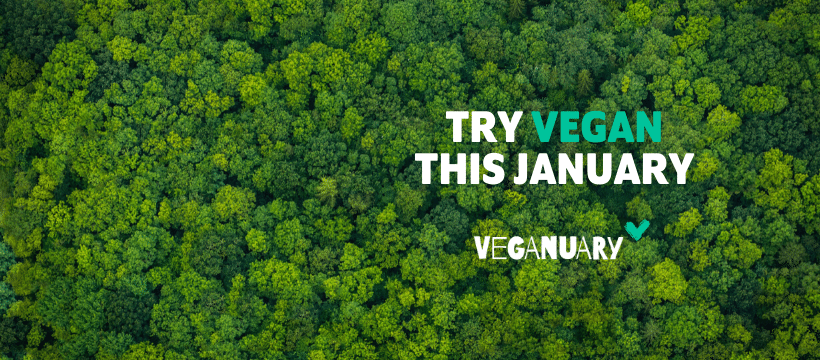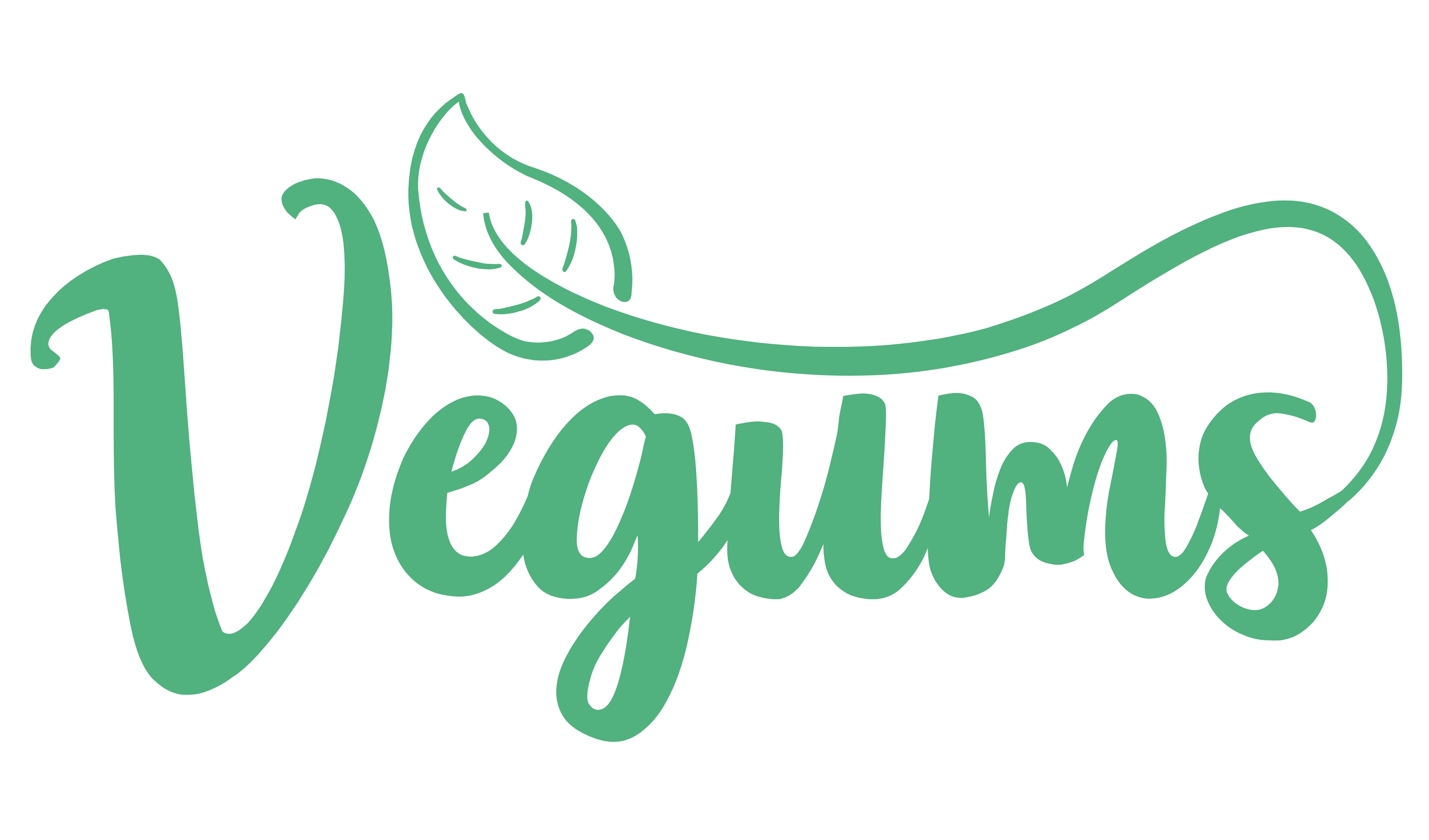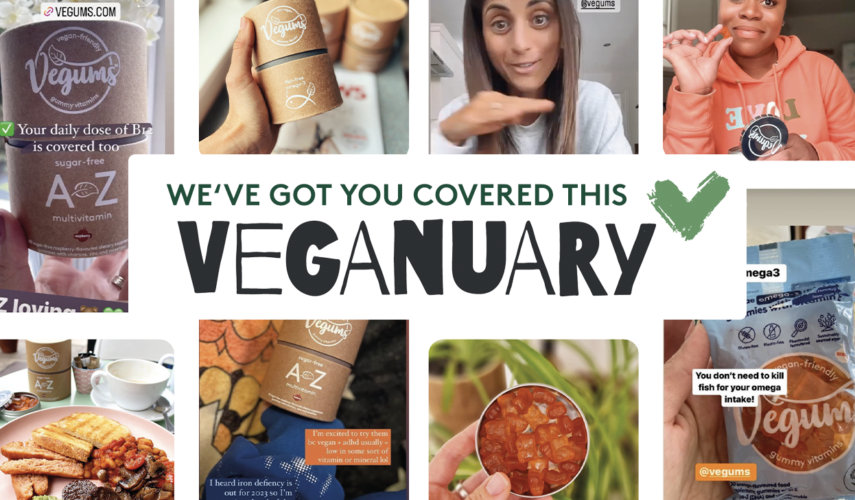Veganuary is a New Years event that challenges people to follow a vegan lifestyle for the month of January.
We know all too well how hard that feeling can hit when you realise that a new year has come around already. That’s why we’re here to help you start it off on the right foot. We’re here for you whether you’re an omnivore, a pescatarian, a vegetarian, a vegan looking for motivation for yourself or others, or even just wondering what the hype is all about.
The Veganuary challenge originated in the UK way back in 2014! Non-profit organisation, Veganuary, challenged everyone to try going vegan for the first time in January 2014, following in the footsteps of World Vegan Day which was established in 1994.
Their idea was to raise awareness of the vegan lifestyle and its beneficial impacts on the environment, debunk myths, and grow the global vegan movement.

What are the benefits, and what’s in it for you?
If you’re looking to improve your health in 2019 then veganism could be the perfect place to start. The vegan diet offers:
- lower cholesterol levels
- lower blood pressure
- reduced risk of type 2 diabetes
- a healthier BMI.
Eating a vegan diet for your health is sometimes referred to as living “plant-based” as opposed to being an ethical vegan. Here’s where we give a shout-out to all those junk food-obsessed vegans out there: every reason for veganism is valid and it’s not all about salad (a rhyme almost worthy of a protest sign)!
Ethical vegans can still see a huge improvement in mood as an improved diet doesn’t only lead to better brain health. According to Jay Brave, a vegan ambassador, it’s a way of challenging the status quo. You can take autonomy of the way you interact with the world and its economy as a consumer.
It’s about more than just self-improvement though. There are a whole host of reasons why you might pursue it. Read on to see whether any are a good fit for you!
Can I get all the nutrients I need from a vegan diet?
Getting all the nutrients you need from those food categories, however, may not be so simple. Unless you are eating fortified vegan products to meet your nutrition needs, Flinchum suggests taking a supplement. It’s important to eat a large variety of fruits, vegetables, whole grains, nuts and seeds, plant-based oils, beans and legumes in order to meet micronutrient needs.
Protein…
When you tell someone you’re following a vegan diet, everyone’s first question is protein. It’s a complete myth that vegans are deficient in protein, in fact there are loads of really tasty vegan protein sources!
When following a vegan diet you should eat a varied diet of plant-based foods to get the required amount of protein. A rough maintenance is around 60g of protein. Simply start including high-protein foods, such as tofu, tempeh, lentils, nuts, seeds, and quinoa in your daily meals.
Tofu can be cooked in many amazing ways. You can turn it into some amazing stir frys, or even turn it into some fishless fish!
Getting enough iron
Iron is a mineral that the body needs for growth and development. Your body uses iron to make hemoglobin, a protein in red blood cells that carries oxygen from the lungs to all parts of the body, and myoglobin, a protein that provides oxygen to muscles, which helps battle fatigue,
There is a misconception that a vegan diet is missing iron, however vegans are no more likely to develop iron deficiency anemia than anyone else. It is important to understand how much iron you need, typically women require 14mg of iron per day, while men require 7mg.
There are loads of good plant sources of iron. Simply adding foods like lentils, chickpeas, beans, tofu, dried apricots and figs, raisins, or quinoa to your diet will help you hit your daily iron target. In fact, even breakfast cereals are fortified with iron!
If you are struggling to hit your iron target, or suffer with anemia, using an iron supplement can help you hit your recommended dose.
Vegan sources of omega-3
Taking part in Veganuary means no animal products whatsoever, which does mean not consuming fish. Fish is well known for being our main source of omega-3, however there are some amazing sources of vegan omega-3.
Omega-3’s help build and maintain a healthy body and brain. Brain cells with high levels of omega-3 in their membranes are thought to be better at communicating with other cells, an important process for brain function.
To get omega-3 into your diet you can try chia seeds, brussel sprouts, hemp seeds, or even walnuts. There are also a number of amazing vegan omega-3 supplements available on the market, which get their omega from algae.

